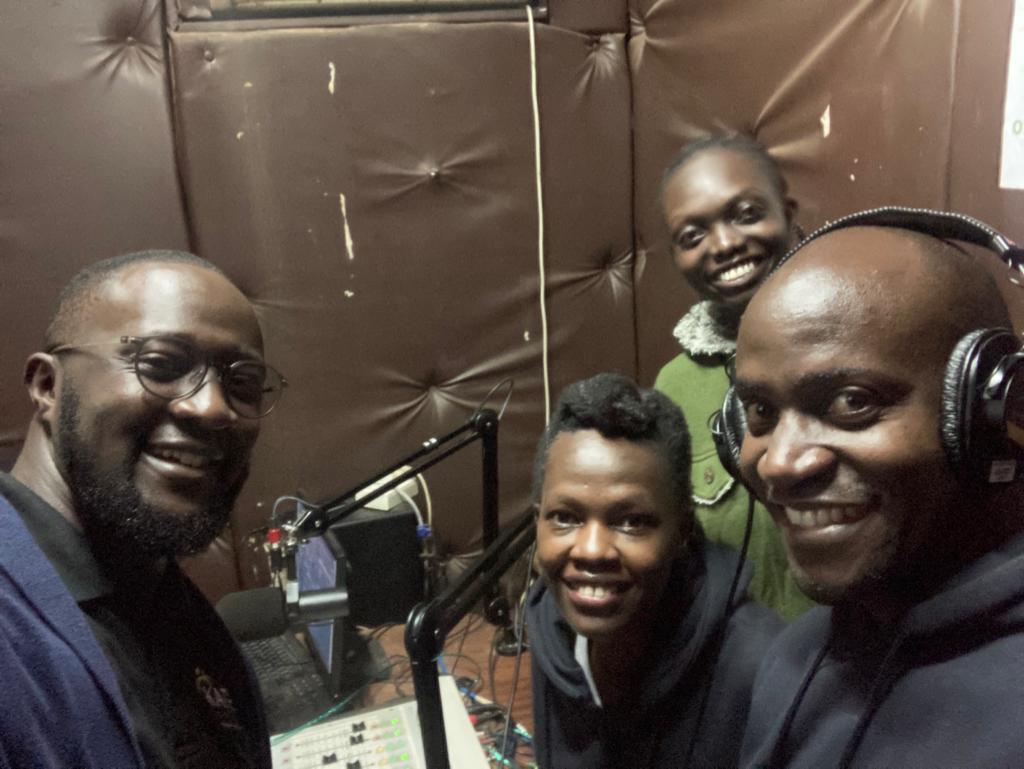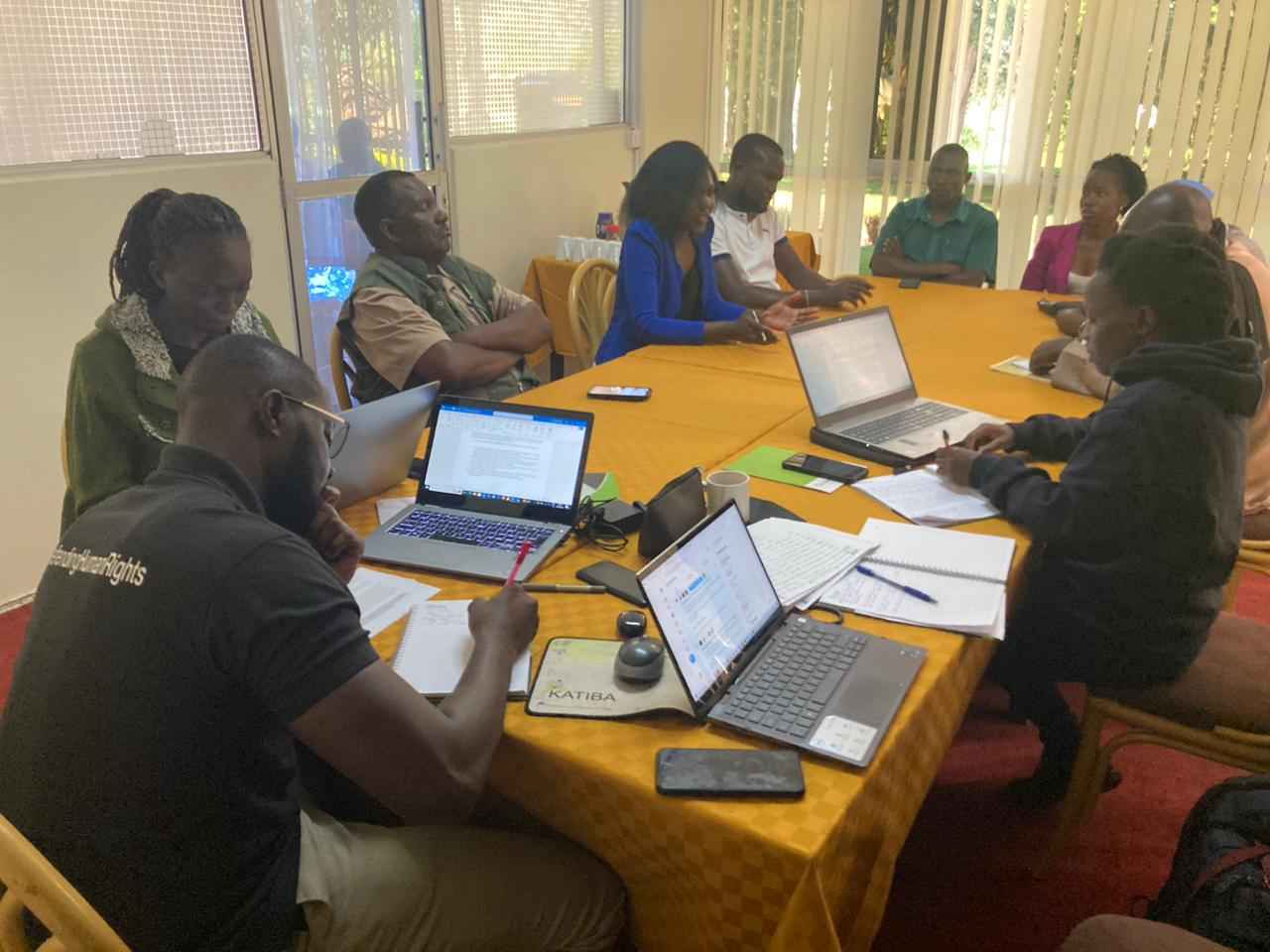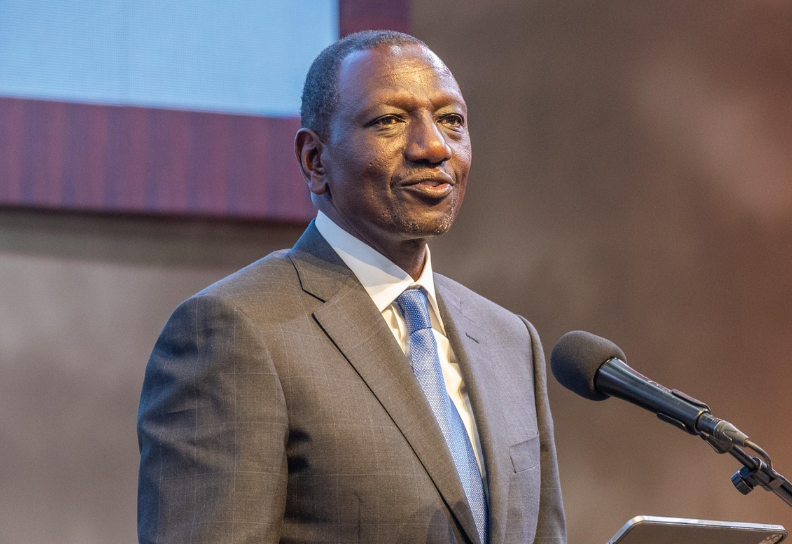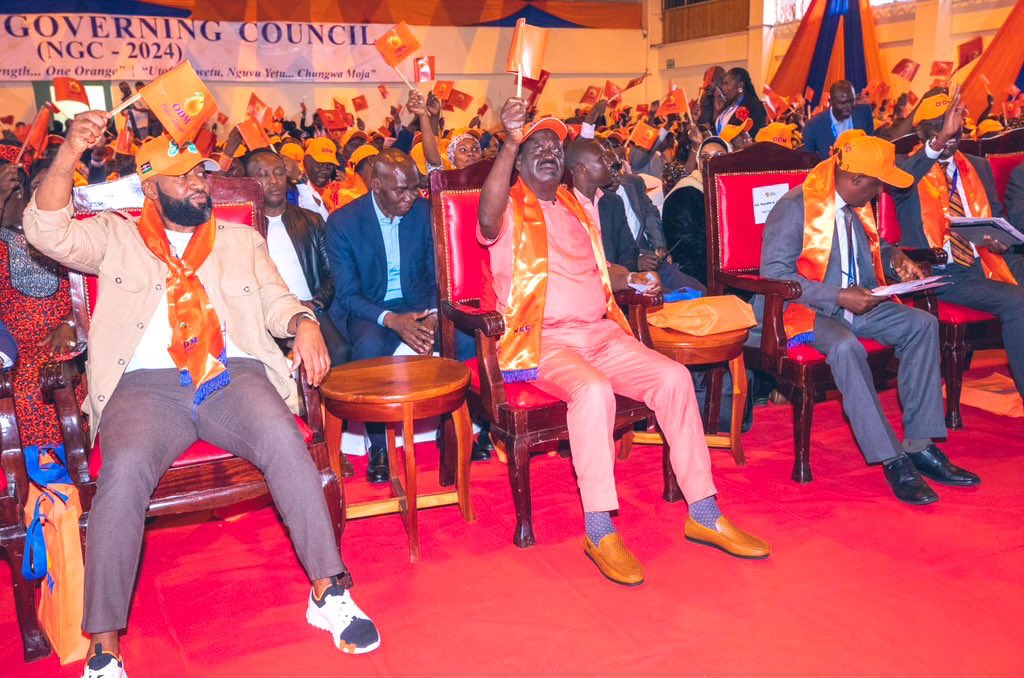The Katiba Institute team on Wednesday and Thursday held follow-up engagements with communities in Kakamega and Bungoma counties to assess how training by the organization impacted locals on voter education.
According to the report released by Katiba on Thursday, April 27, significant improvement was noted in terms of citizens understanding their political rights and duties, but more still needs to be done.
"Members of the public are still trying to understand their political rights and duties. This was shown by having minimal errors during voting as compared to the 2017 general elections. Voter education is positively impactful to members of the public," the report reads.
One of the observations in the report is that IEBC, which is mandated with voter education, was ranked the lowest while the national council of churches in Kenya (NCCK) and the Kakamega county commission contributed to conducting impactful voter education.
Read More

Instances of voter bribery, chaos, and intimidation were reported in both Kakamega and Bungoma Counties during the polls.
"An observation of violation of human rights through cases of death during campaigns when people were scrambling for bribes, for instance, a pregnant woman was caught up and died in a stampede,'' the report stated.
In matters of governance, locals in Bungoma County raised the issue of bribery in delivering services and a backlog of cases due to corruption.
"In schools around Mt. Elgon, there is a defilement of students, and the courts, through receiving bribes, protect the perpetrators.
"There is unfairness in service delivery from the county government, for example, the county scholarship program, where supporters of the previous government have been sidelined by the incumbent governor. The timing of making decisions, communication of public participation on government projects, and the gap in civic education on how to benefit from government services (scholarships) was noted to be a problem from the government's side that they can improve on," the report reads.
The report revealed that members of the public and the government have not fully grasped the concept of public participation.
"What is the meaning of public participation? When does public participation begin? What processes count as involving public participation?” A participant was quoted.
However, Katiba notes that community engagement has made more people aware of their rights as well as promoting peace and holding their leaders to account.
The report recommends frequent civic sessions at the community level as well as ensuring the trainers are equipped.




-1713447672.jpg)

